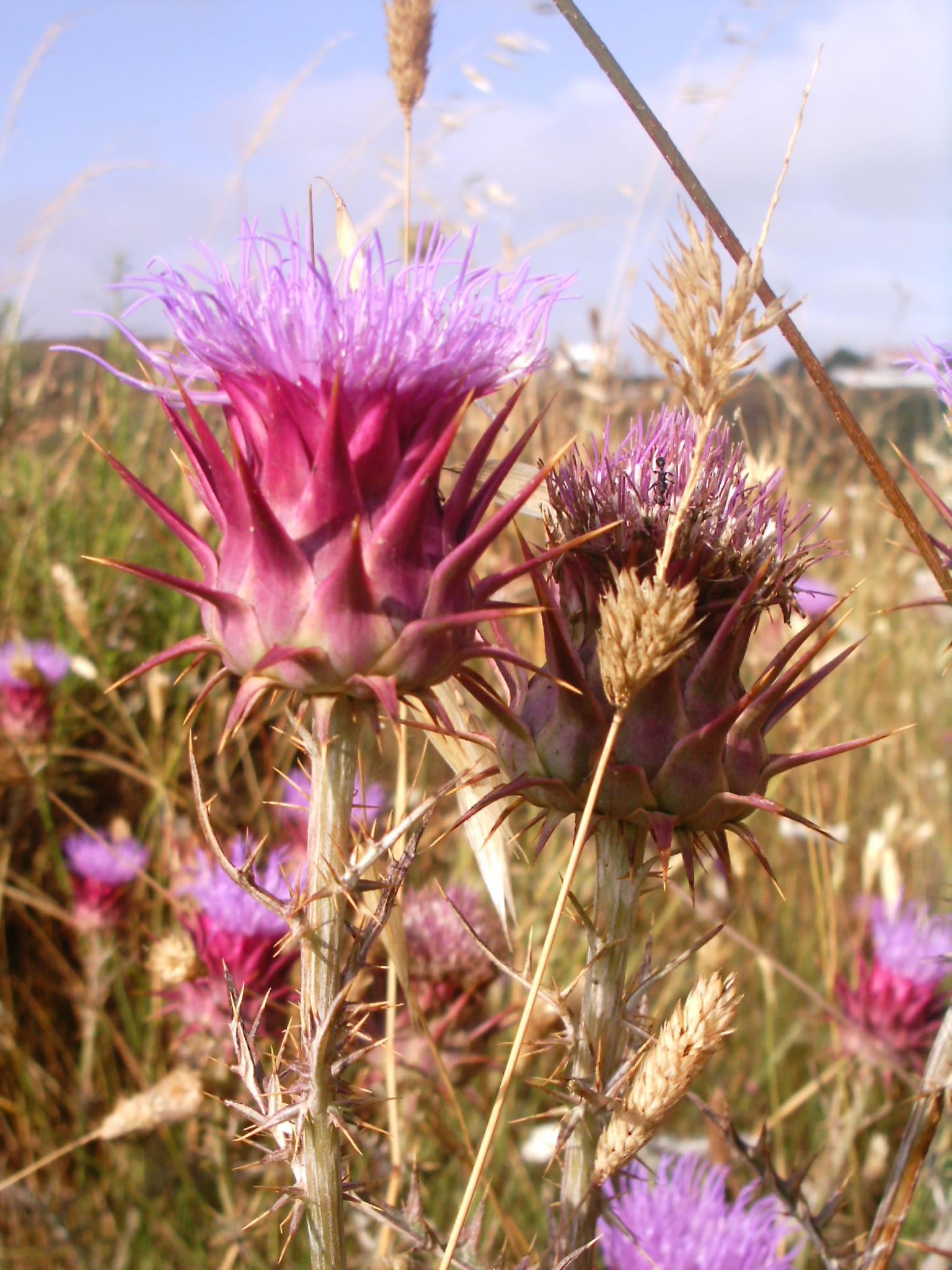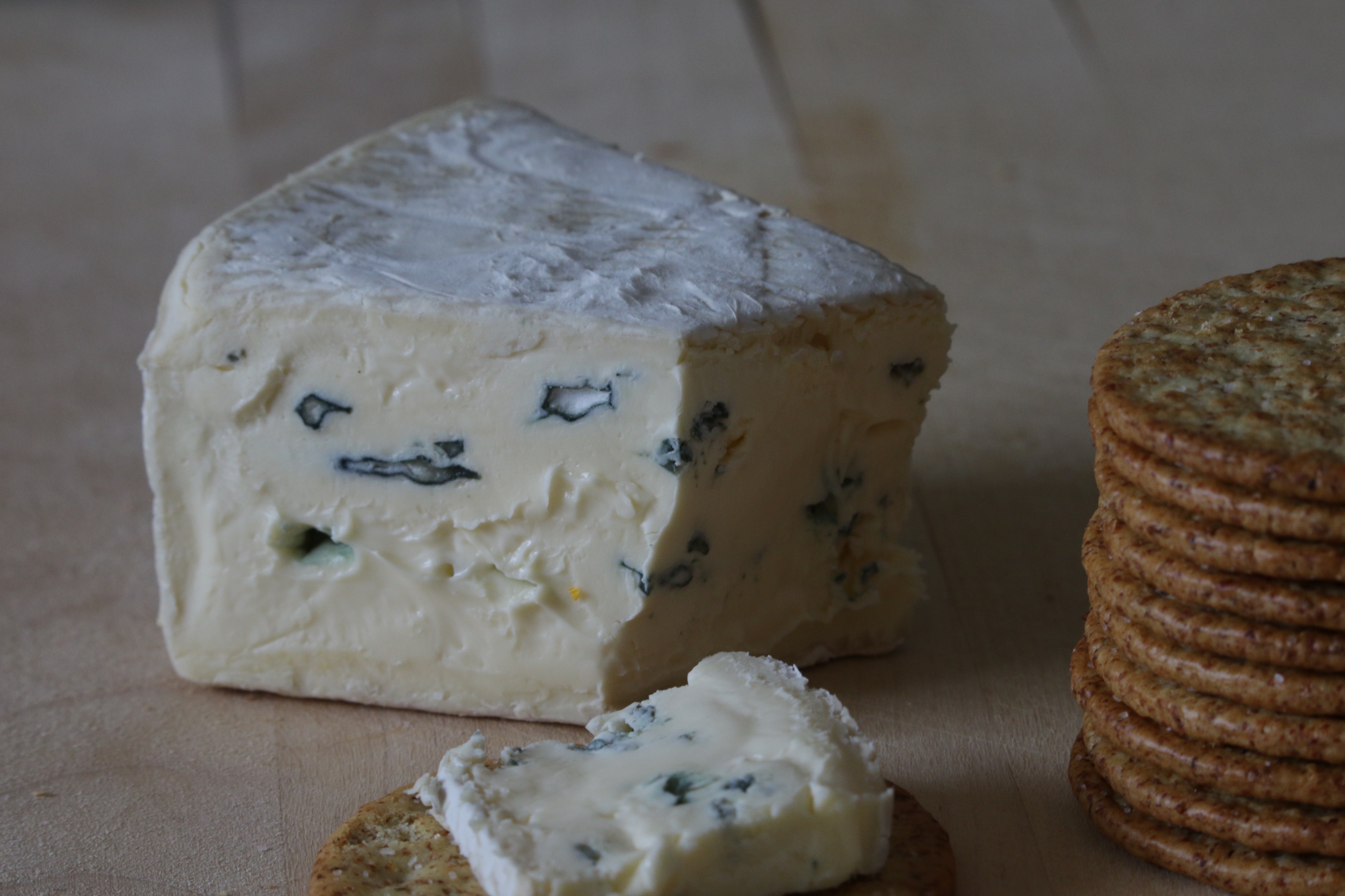Tuesday, Jun. 25, 2024
Complement (noun, verb)
com·ple·ment [n. kom-pluh-muhnt; v. kom-pluh-ment]noun1. something that completes or makes perfect:
A good wine is a complement to a good meal.2. the quantity or amount that completes anything:
We now have a full complement of packers.3. either of two parts or things needed to complete the whole; counterpart.
4. full quantity or amount; complete allowance.
5. the full number of officers and crew required on a ship.
6.
Grammar.
a. a word or group of words that completes a grammatical construction in the predicate and that describes or is identified with the subject or object, as small in The house is small or president in They elected her president. Compare object complement, subject complement.
b. any word or group of words used to complete a grammatical construction, especially in the predicate, including adverbials, as on the table in He put it on the table, infinitives, as to go in They are ready to go, and sometimes objects, as ball in He caught the ball.
7.
Geometry. the quantity by which an angle or an arc falls short of 90° or a quarter of a circle. Compare supplement (def 4).
8. Also called absolute complement.
Mathematics. the set of all the elements of a universal set not included in a given set.
9.
Music. the interval that completes an octave when added to a given interval.
10.
Immunology.
a. a system in vertebrate blood of 12 or more proteins that react in a cascade to a cell displaying immune complexes or foreign surfaces, acting in various combinations to coat the cell and promote phagocytosis, make holes in the cell wall, or enhance the inflammatory response.
b. any of the proteins in the complement system, designated C1, C2, etc.
11. complementary color.
verb (used with object)12. to complete; form a complement to:
This belt complements the dress better than that one.13.
Obsolete. to compliment.
verb (used without object)14.
Obsolete. to compliment.
Can be confused:1. complement, supplement
2. complement, compliment
See synonyms for Complement on Thesaurus.comSynonym Study 12. Complement, supplement both mean to make additions to something. To complement is to provide something felt to be lacking or needed; it is often applied to putting together two things, each of which supplies what is lacking in the other, to make a complete whole:
Two statements from different points of view may complement each other. To supplement is merely to add to:
Some additional remarks may supplement his address.
Usage note Complement and compliment, which are pronounced alike and originally shared some meanings, have become separate words with entirely different meanings. As a noun, complement means “something that completes or makes perfect”:
The rare old brandy was a perfect complement to the delicious meal. As a verb, complement means “to complete”:
A bright scarf complements a dark suit. The noun compliment means “an expression of praise, commendation, or admiration”:
The members paid her the compliment of a standing ovation. The verb compliment means “to pay a compliment to”:
Everyone complimented him after the recital.
Origin: 1350–1400; Middle English < Latin complementum something that completes, equivalent to comple ( re ) to fill up (see complete) + -mentum -ment
Example SentencesChampagne, which is also acidic, offers a nice complement to anything from tuna tartare to beef bourguignon.
From The Daily BeastThey play an important role fighting next to the men because they complement one another.
From The Daily BeastTo complement brain wiring, everyone walks around with retinal cams.
From The Daily BeastThe ship is highly automated with a crew of just 142 -- compared to older ships that have a complement of about 300.
From The Daily BeastThe mini-thons will be thematically organized to complement the new episode.
From The Daily Beast










